For many immigrants to the U.S. during the 19th century, the country was the beacon of hope and a better life. For most of those immigrants, there was prejudice and push back, the America Dream manifested in different ways and sometimes not at all. Born in the Danish West Indies in late 1876, Casper Holstein and arrived in New York City in 1894 and would find the American Dream in his own way.
During World War I, Holstein was stationed in his birth country of the U.S. Virgin Island. After the Navy, he returned to New York City where he worked as a janitor, doorman, and messenger. It was his work as a head messenger on Wall Street that allowed Casper Holstein to hip his toes into organized crime.
King of the Harlem Numbers Game
Holstein paid close attention to how the stock market worked. Instead of applying himself there, he took that approach and used it in something more immediately marketable in Harlem. His system was different from Peter H. Matthews who established the lottery system used in Harlem.
Matthews’ system proved simplistic but allowed for obvious bet-fixing. With a smaller pool of numbers and a straightforward procedure, Matthews could easily skew the results in his favor and keep the number of winners low. Holstein’s system did the same but allowed for a larger pool of gamblers and less fear of bet-fixing. This, in turn, meant more money.
Holstein’s Wealth
During the Harlem Renaissance and as Prohibition started, Casper Holstein started to rake in thousands of dollars–which eventually grew to millions. He would use some of his wealth for charities and causes in Harlem, Liberia, and the Virgin Islands.
Holstein was also one of a number of patrons to creatives during the Renaissance and assisted in financing the NAACP’s Crisis paper. Outside of his charitable contributions, he owned a number of properties and clubs. When Holstein’s business was at its peak he brought in $12,000 a day.
Exiting the Game
Richard “Dixie” Davis was a lawyer who worked for several bookies, number runners, and mobsters. While most of his clients were Black gamblers involved in the numbers game, his most high-profile client was Harlem numbers boss Dutch Schultz–who died in 1935 after the Commission had him assassinated. With Schultz’s death, Davis would take over a number of his former client’s rackets.
As 1932 rolled around, Davis had his eyes on expansion and began buying out rackets. While other Black gangsters were suited for the violent side of crime, Casper Holstein opted to bow out of the big numbers game and gave his business over to Davis.
Casper Holstein had accumulated significant wealth and managed to live comfortably. He would continue to contribute to the arts, Black organizations in New York City, and HBCU’s in the south. The former “Bolita King” passed away in the neighborhood he loved in April 1944. His influence lives on in the form of buildings and streets named after him in birthplace and being the inspiration for characters such as Boardwalk Empire’s Dr. Valentin Narcisse.
REFERENCE: http://en.wikipedia.org/wiki/Casper_Holstein

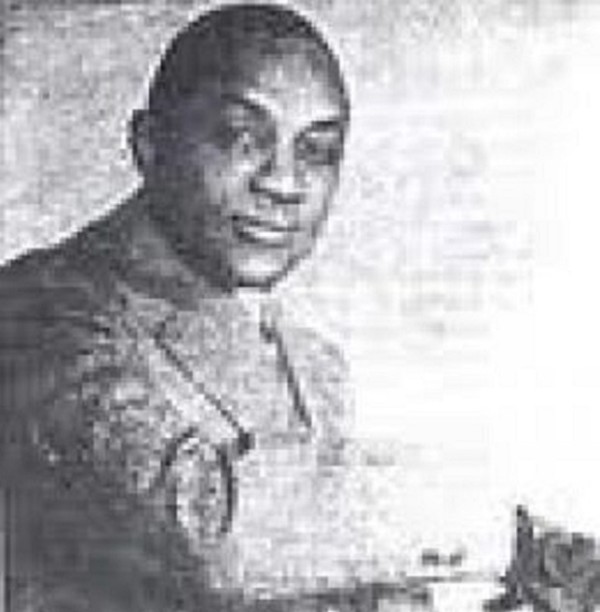




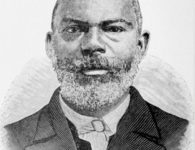
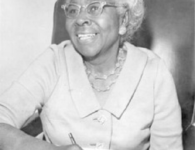




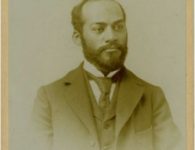
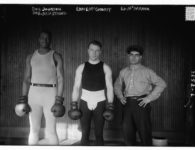
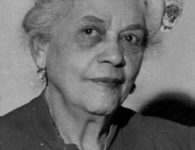



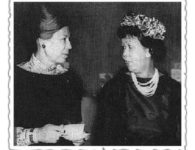
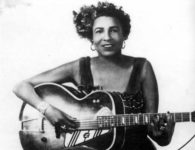

2 Comments
Cialis Precio Andorra Buy Viagra Online Canada Levitra Buy Generic Allergic To Macrobid Flagyl Keflex
Cialis Buy Online Uk Rulide Precio Levitra 5 Mg viagra Low Cost Cialis 2.5mg Daily Why Cant You Buy Ivermectin